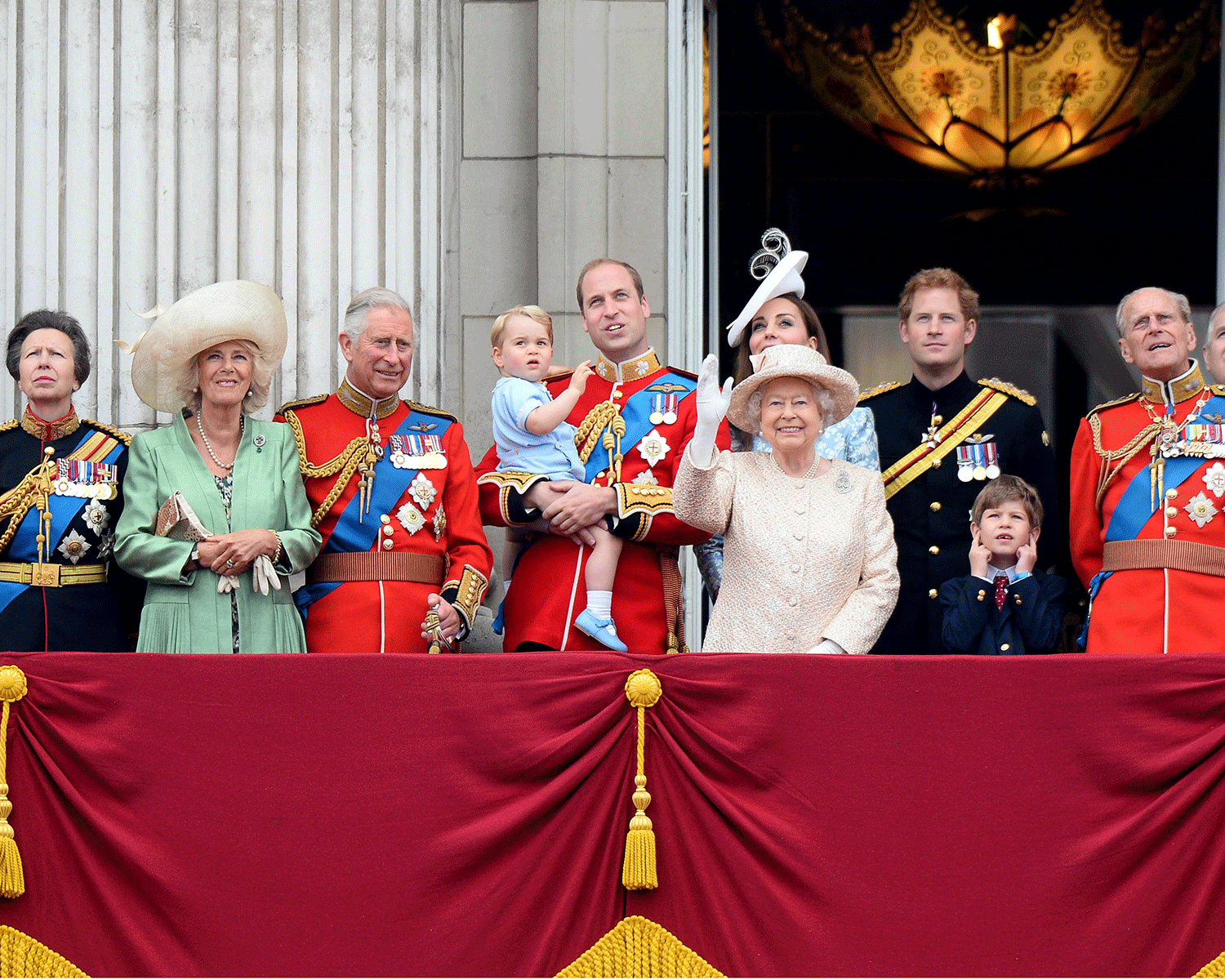Monarchy will be 'on last legs by 2030 once Queen is no longer on the throne'
'No one is saying while the Queen is alive the monarchy should be abolished. After that, it's a free-for-all,' says historian

Your support helps us to tell the story
From reproductive rights to climate change to Big Tech, The Independent is on the ground when the story is developing. Whether it's investigating the financials of Elon Musk's pro-Trump PAC or producing our latest documentary, 'The A Word', which shines a light on the American women fighting for reproductive rights, we know how important it is to parse out the facts from the messaging.
At such a critical moment in US history, we need reporters on the ground. Your donation allows us to keep sending journalists to speak to both sides of the story.
The Independent is trusted by Americans across the entire political spectrum. And unlike many other quality news outlets, we choose not to lock Americans out of our reporting and analysis with paywalls. We believe quality journalism should be available to everyone, paid for by those who can afford it.
Your support makes all the difference.The British monarchy could be on its "last legs" by 2030, a historian has suggested.
Dr Anna Whitelock, a reader in early modern history at Royal Holloway in London, said support for the monarchy was linked to the Queen and not the institution itself.
Important questions about the relevance of the monarchy in modern society have been constrained out of respect for Elizabeth II's long reign, she said.
"All of those questions about 'What the hell do we want this kind of unelected family (for)? What does that represent in Britain today?', all these profound questions have been held in check because of the Queen," she said.
The author, who is also the director of The London Centre for Public History, suggested that once the Queen is likely no longer on the throne in the next two decades, the British monarchy could be challenged in a way that it never has been before.
Her comments come as Britain's monarch prepares to mark her 90th birthday.
"I think there'll be a discussion and a debate in a way that there hasn't before," she said.
"As the older generation who are generally more wedded to the monarchy die out, the question of the future of the monarchy will become even more pressing, and then potentially more critical voices will come to the fore," said Dr Whitelock.
"I would say by 2030 there will be definite louder clamours for the eradication of the monarchy. I can't say that there won't be a monarchy. I would definitely say that the monarchy - its purpose, what it's about, will be questioned and challenged in a way that it hasn't been before.
"I don't think it's out of the question that the monarchy would be potentially be on its last legs."
Support for the monarchy during the last quarter of a century of the Queen's reign peaked during the Diamond Jubilee year of 2012 with 80 per cent being in favour of Britain remaining a monarchy.
It dipped to 65 per cent at the time of the Prince of Wales's wedding to the Duchess of Cornwall in 2005 and to 69 per cent in 1993 - the year after the Queen's "annus horribilis".
But throughout the remaining years support averaged at 73 per cent, an analysis of Ipsos MORI research showed.
In 2012, 90 per cent of the British public were also said to be satisfied with the way the Queen was doing her job as monarch, while in the wake of Diana, Princess of Wales's death, this fell to 66 per cent.
Dr Whitelock said the Queen had commanded respect for the duty she has shown during her reign so far.
"Whether you are a monarchist or not, and even fervent republicans, I think, no one is saying whilst the Queen is alive the monarchy should be abolished," the historian said.
"Everybody, given her constancy and given her selflessness, thinks she's a pretty amazing woman, regardless of where you stand on the monarchy debate.
"After that, I think it's going to be a free-for-all."
Dr Whitelock admitted the future prospects of "The Firm" were difficult to predict, saying: "At the moment there is pretty great support for the Queen and the monarchy, but the problem is that is about the Queen and not about the monarchy."
Buckingham Palace declined to comment.
Press Association
Join our commenting forum
Join thought-provoking conversations, follow other Independent readers and see their replies
Comments